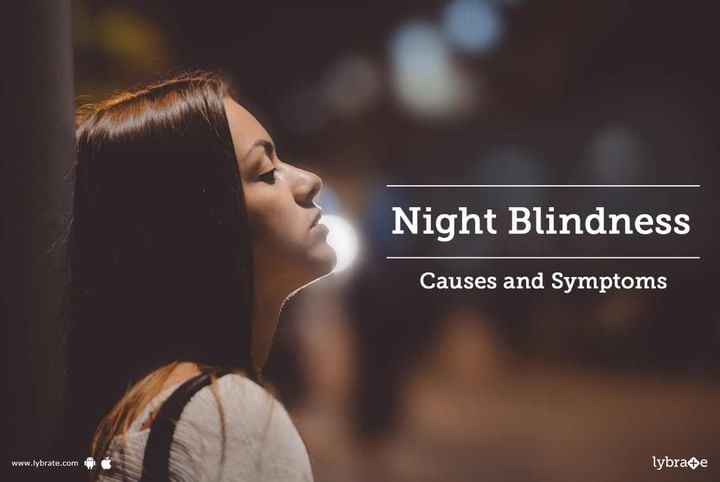Night Blindness: Causes and Symptoms
Night blindness is also called nyctalopia. It's a type of vision impairment. People with night blindness experience poor vision at night or in dimly lit environments. It is not a disease in itself, but rather a symptom of an underlying problem, usually a retina problem.
What Causes Night Blindness?
A number of eye conditions can cause night blindness, including:
- Nearsightedness or blurred vision when looking at faraway objects.
- Cataracts or clouding of the eye's lens.
- Retinitis pigmentosa, which occurs when dark pigment collects in your retina and creates tunnel vision.
- Vitamin A Deficiency
- Zinc Deficiency
- Dry Eyes
- Diabetes
Are the Symptoms of Night Blindness?
The sole symptom of night blindness is difficulty seeing in the dark. You're more likely to experience night blindness when your eyes transition from a bright environment to an area of low light, such as when you leave a sunny sidewalk to enter a dimly lit restaurant. You're likely to experience poor vision when driving due to the intermittent brightness of headlights and streetlights on the road.
How can I Prevent Night Blindness?
You can't prevent night blindness that's the result of birth defects or genetic conditions, such as Usher syndrome. You can, however, properly monitor your blood sugar level and eat a balanced diet to make night blindness less likely.
Orange colored foods are excellent sources of vitamin A, including:
- Cantaloupes
- Sweet potatoes
- Carrots
- Pumpkins
- Butternut squash
- Mangoes
What are the Treatment Options for Night Blindness?
The treatment will depend on its causes.
- Nutrient deficiency (Vitamin A and Zinc) is the easiest to treat.
- If the cause is cataract, you can go for cataract surgery to remove the clouded lens and replace it with artificial intraocular lens. Vision is usually dramatically improved after surgery.
- For dry eye syndrome, lubricate your eyes with artificial tear drops as they provide instant relief. Just make sure that they are without preservatives.
- Diabetic retinopathy can be prevented with tight control over blood sugar, active lifestyle and good dietary habits.
- As for retinitis pigmentosa, unfortunately there are no treatments available. Thankfully, new research is showing that vitamin A might have a slowing effect on the progression of this eye disease. If you wish to discuss about any specific problem, you can consult an ophthalmologist.



+1.svg)
